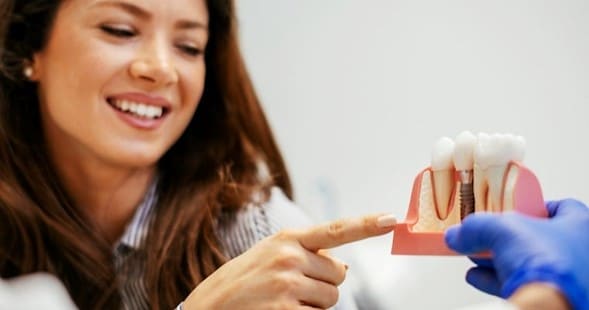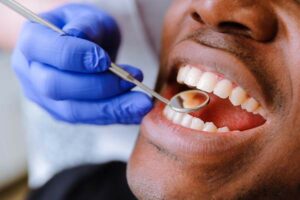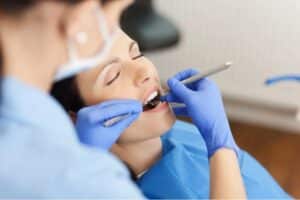Due to the rising costs of medical treatments in the United States and Canada, more and more people are considering getting the treatments they need in other countries. Costa Rica is among the most popular of these destinations. In fact, it has emerged as a trustworthy and secure hub for dental tourism, particularly for dental implant procedures. This is due to its well-trained dentists, competitive prices compared to other Western countries, and its closeness to North America. If you are trying to discern if traveling to Costa Rica to get your dental implants is a prudent decision, you may want to keep in mind a few points.
Costa Rica has highly competent dental professionals
In Costa Rica, you’ll find a pool of skilled and experienced dental professionals who often receive training and certifications from prestigious international institutions. In fact, the Costa Rica Board of Dentists makes sure all of its members have resources available for continuous education, including congresses held in various parts of the world. In addition, you can find dentists with advanced English skills, especially those in dedicated dental tourism offices.
You will find top-notch facilities
Some dental clinics in Costa Rica are equipped with the latest technological advancements and adhere strictly to international standards of hygiene and sterilization. You can expect modern, clean, and comfortable facilities, some of which have nothing to envy those in the US and Canada. Some others even have their own dental labs in order to make sure the quality of their prosthetics is unique.
Affordability without compromise
Affordability is a significant draw for those considering dental tourism in Costa Rica. Dental implant procedures in this country are often much more budget-friendly compared to many Western nations, without any compromise on the quality of care.
Many other patients have tried the experience and will not go back
Numerous patients who have undergone dental implant procedures in Costa Rica have shared their positive experiences online. You can readily access a wealth of reviews and testimonials attesting to the professionalism and success of dental treatments here.
There is also so much to do!
A lot of patients who decide to come for dental implants, also want to make their trip a vacation. Costa Rica’s natural beauty, warm climate, and vibrant culture make it an attractive spot for dental tourism. You can seamlessly blend your dental treatment with a restful vacation in a tropical paradise.
The Costa Rican healthcare system is one of the best in Latin America.
Costa Rica boasts a strong healthcare system with stringent regulations and oversight. This guarantees that healthcare providers, including dental professionals, consistently meet rigorous standards of quality and safety.
Costa Rica is famous for its warm and welcoming hospitality
Along with a highly developed tourism infrastructure. You’ll find an array of accommodation options, transportation services, and appealing tourist attractions to ensure your visit is comfortable and enjoyable. Some dental offices even offer these services to make your experience even easier.
Finally, is getting dental implants in Costa Rica a safe option?
Absolutely, Yes! Seeking dental implants in Costa Rica not only assures safety but also opens the door to receiving exceptional dental care at a fraction of the. Ready to take the first step towards a confident smile? At the Costa Rica Dental Team, we have years of providing dental care to patients like you. We have our own onsite dental lab and a 10-year warranty on our prosthetics. In addition, you will find our staff incredibly friendly and welcoming. If you’re interested in visiting Costa Rica for dental implants, schedule a free online consultation today and embark on your journey towards the dental health you deserve. Your brighter, more confident smile awaits!




